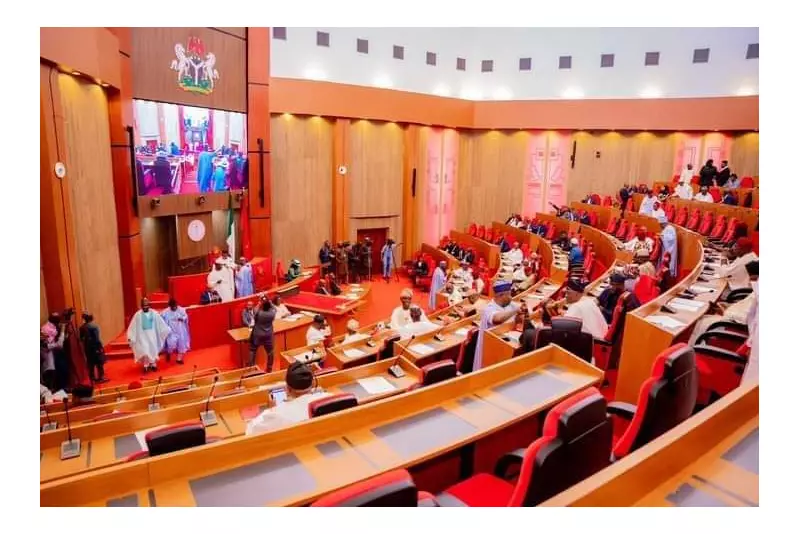
In a stunning revelation that has sparked nationwide outrage, Nigerian legislators are receiving astronomical allowances while the country grapples with severe economic challenges. The recent exposure of these payments has left citizens questioning the priorities of their elected representatives.
The Shocking Figures Behind Legislative Recess
Recent investigations have uncovered that members of the National Assembly receive a staggering ₦5.4 billion collectively for recess allowances alone. This translates to approximately ₦25 million per senator and ₦15 million per House of Representatives member every time they go on break.
Citizens React to Legislative Extravagance
Nigerians across social media platforms and civil society organizations have expressed their fury at these revelations. Many are questioning how lawmakers can justify such massive payments while:
- Millions of Nigerians struggle with poverty and unemployment
- Public infrastructure continues to deteriorate
- Essential services like healthcare and education remain underfunded
- The minimum wage remains stagnant at levels that can't support basic living
A Pattern of Financial Impropriety
This isn't the first time Nigerian lawmakers have faced scrutiny over their financial benefits. The current system appears designed to enrich legislators rather than serve the public interest. The recess allowance controversy follows previous exposes about:
- Massive quarterly office allowances
- Constituency project funds often mismanaged
- Vehicle and housing benefits far exceeding reasonable levels
- Various other perks that distance lawmakers from the realities of ordinary Nigerians
The Call for Transparency and Reform
Civil society groups and concerned citizens are demanding immediate action. The growing consensus is that Nigeria needs:
Complete transparency in legislative earnings and expenditures. Without public disclosure of how much lawmakers earn and how they spend public funds, accountability remains impossible.
Rationalization of benefits that aligns with the country's economic reality. Many argue that legislative compensation should reflect Nigeria's development status and the suffering of its citizens.
Stronger oversight mechanisms to prevent the National Assembly from self-approving extravagant benefits without public input or justification.
The Bigger Picture: Governance Crisis
This allowance scandal represents more than just financial impropriety—it highlights a fundamental disconnect between Nigeria's political class and the people they serve. When lawmakers prioritize personal enrichment over public service, the very foundation of democracy is threatened.
As one commentator noted, "A legislature that operates in such brazen disregard of the people's suffering cannot effectively make laws for their welfare."
The coming weeks will reveal whether this latest exposure leads to meaningful reform or becomes another forgotten scandal in Nigeria's political landscape.





